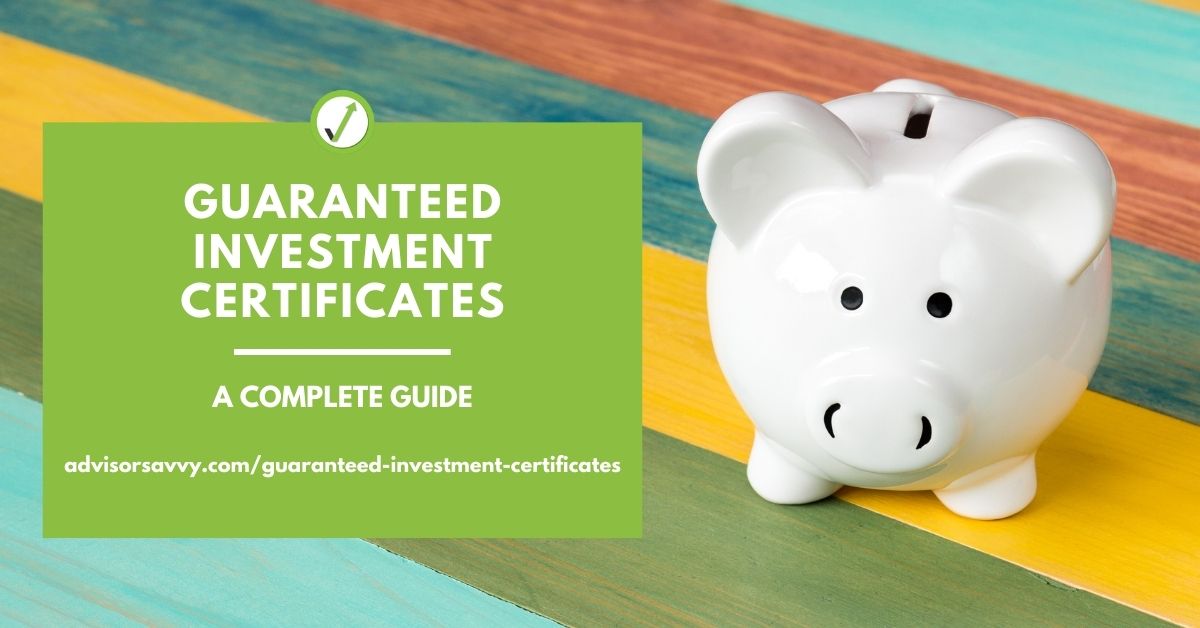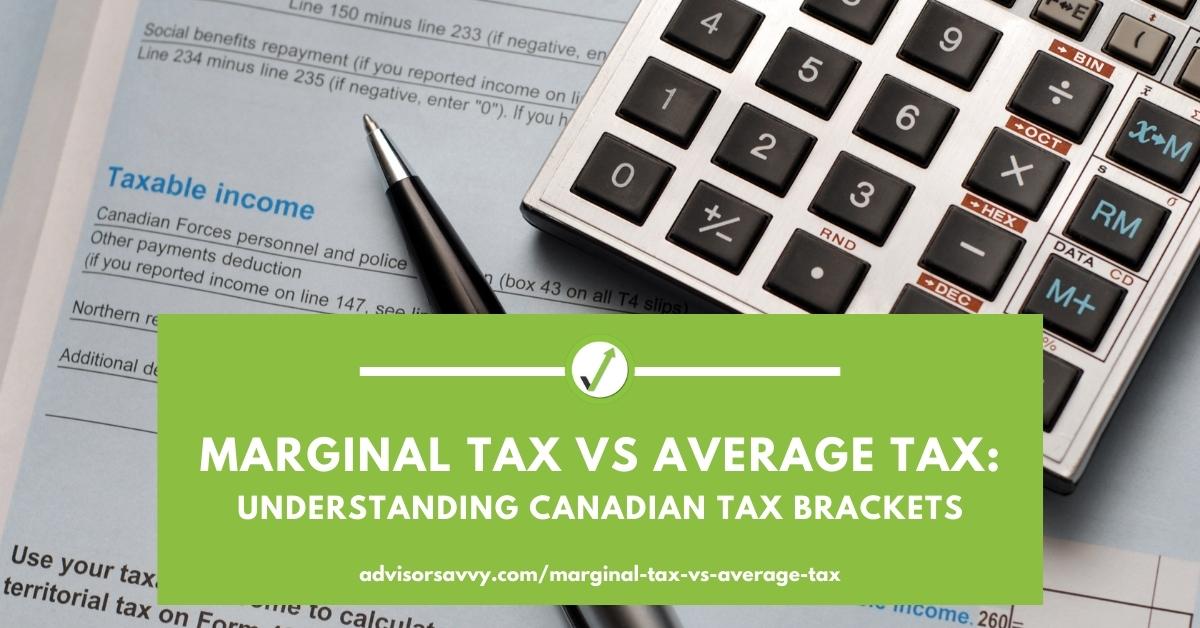What Is Inflation? What You Need To Know
Why is everyone talking about inflation right now? At a high level, inflation is the increase in the prices of certain goods and services. Over the last few years, inflation has run rampant in Canada and other parts of the world. For this reason, it’s a hotly discussed topic. Currently, the inflation rate sits at 3.1%, but it was at an all time high of 8% in 2022. If you’ve noticed prices rising at the grocery store or gas station, it’s not your mind playing tricks on you! It makes sense that everyone is talking about it because no one knows what will happen in our economy if the rate remains unchecked. In this guide, we review everything you need to know about inflation. The next time it comes up with your peers, you’ll have something smart to say! Why is everyone talking about inflation right now? Currently, inflation in Canada is abnormally high. The rate has not been this
Continue reading



















